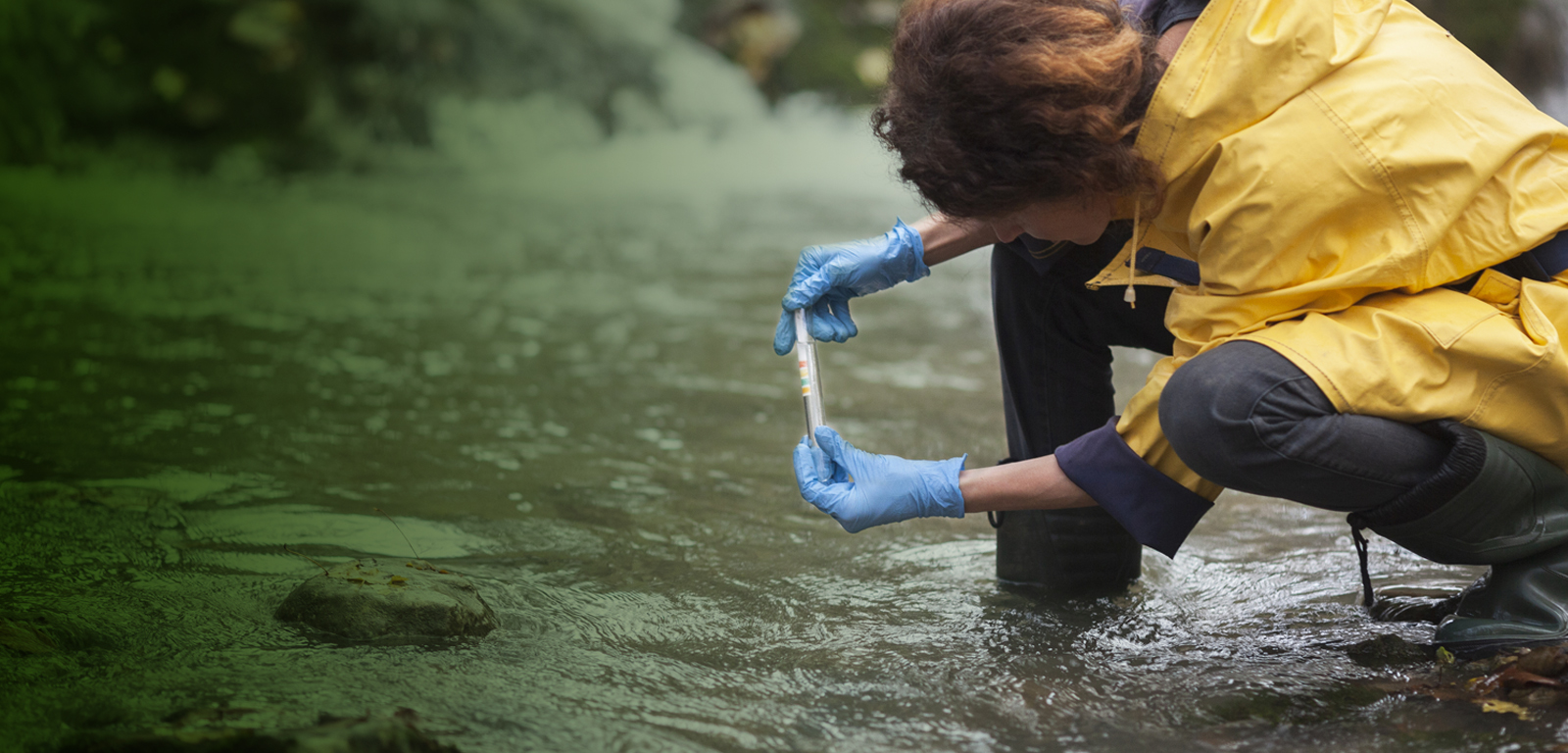Subject
Ecotoxicology and Biodegradation of Marine Pollutants
General details of the subject
- Mode
- Face-to-face degree course
- Language
- English
Description and contextualization of the subject
Impact of pollutants. Bioavailability, bioaccumulation, biomagnification and toxicity. Degradation and metabolisation of micropollutants. Global change and oceans. Biodeterioration.Aims
¿ To develop critical thinking to study the biological impact and biodegradability of pollutants in the sea
Objectives
At the end of the Unit, you should:
1. Understand the threats of chemical pollution to the marine environment, how to assess them and how then can be combated
2. Develop a critical spirit via the study of a fact of topicality, its presentation via the scientific media and its bases.
3. Perceive the complexity of the interactions which affect the microbial world and the opportunities it offers to fight against chemical pollution.
Teaching staff
| Name | Institution | Category | Doctor | Teaching profile | Area | |
|---|---|---|---|---|---|---|
| ORTIZ ZARRAGOITIA, MAREN | University of the Basque Country | Profesorado Agregado | Doctor | Bilingual | Cellular Biology | maren.ortiz@ehu.eus |
Competencies
| Name | Weight |
|---|---|
| Evaluar las amenazas humanas al medio marino. | 25.0 % |
| Desarrollar el espíritu crítico mediante el estudio de un hecho de actualidad y su presentación a través de los medios científicos y sus bases. | 25.0 % |
| Practicar la presentación oral de un resultado científico. | 25.0 % |
| Percatarse de la complejidad de interacciones que afectan al mundo microbiano y las oportunidades que éste ofrece para la lucha contra la contaminación química. | 25.0 % |
Study types
| Type | Face-to-face hours | Non face-to-face hours | Total hours |
|---|---|---|---|
| Lecture-based | 30 | 45 | 75 |
| Seminar | 15 | 22.5 | 37.5 |
| Applied laboratory-based groups | 15 | 22.5 | 37.5 |
Training activities
| Name | Hours | Percentage of classroom teaching |
|---|---|---|
| Acquiring basic fieldwork skills | 15.0 | 66 % |
| Acquiring basic instrumental skills | 30.0 | 50 % |
| Expositive classes | 105.0 | 33 % |
Assessment systems
| Name | Minimum weighting | Maximum weighting |
|---|---|---|
| OTROS | 15.0 % | 15.0 % |
| Oral examination | 50.0 % | 50.0 % |
| Practical tasks | 20.0 % | 20.0 % |
| Written examination | 15.0 % | 15.0 % |
Learning outcomes of the subject
At the end of the Unit, you should be able to:1. critically review studies on the impact of pollutants in marine organisms
2. make an oral presentation of a scientific result.
3. identify opportunities offered by marine microbes, to combat against chemical pollution.
Temary
1. Introduction to marine ecotoxicology. How to measure the impact of pollutants. Impact on individuals, populations and ecosystems. Classification of pollutants. Trace metals in marine environment. Organic pollutants in marine environment. Degradation and metabolisation of the micropollutants. Global changes and oceans. Case study: Sea of Aral.2. Modes of biodegradation of "natural" organic molecules in the marine environment. Mathematical models to describe the activity of the microorganisms in "natural" conditions.
3. Modes of biodegradation of "introduced" organic molecules in the marine environment: domestic (detergent) and industrial (aromatic cycles and halogenous molecules) effluents; hydrocarbons; and plastics.
4. Biodeterioration. Case studies: cement, concrete and metallic structures.
Bibliography
Basic bibliography
Syllabus and collection of copies of all transparencies used distributed at the beginning of the course.The biodegradation part of the course was published by the Presses de L'Institut Océanographique à Paris.


